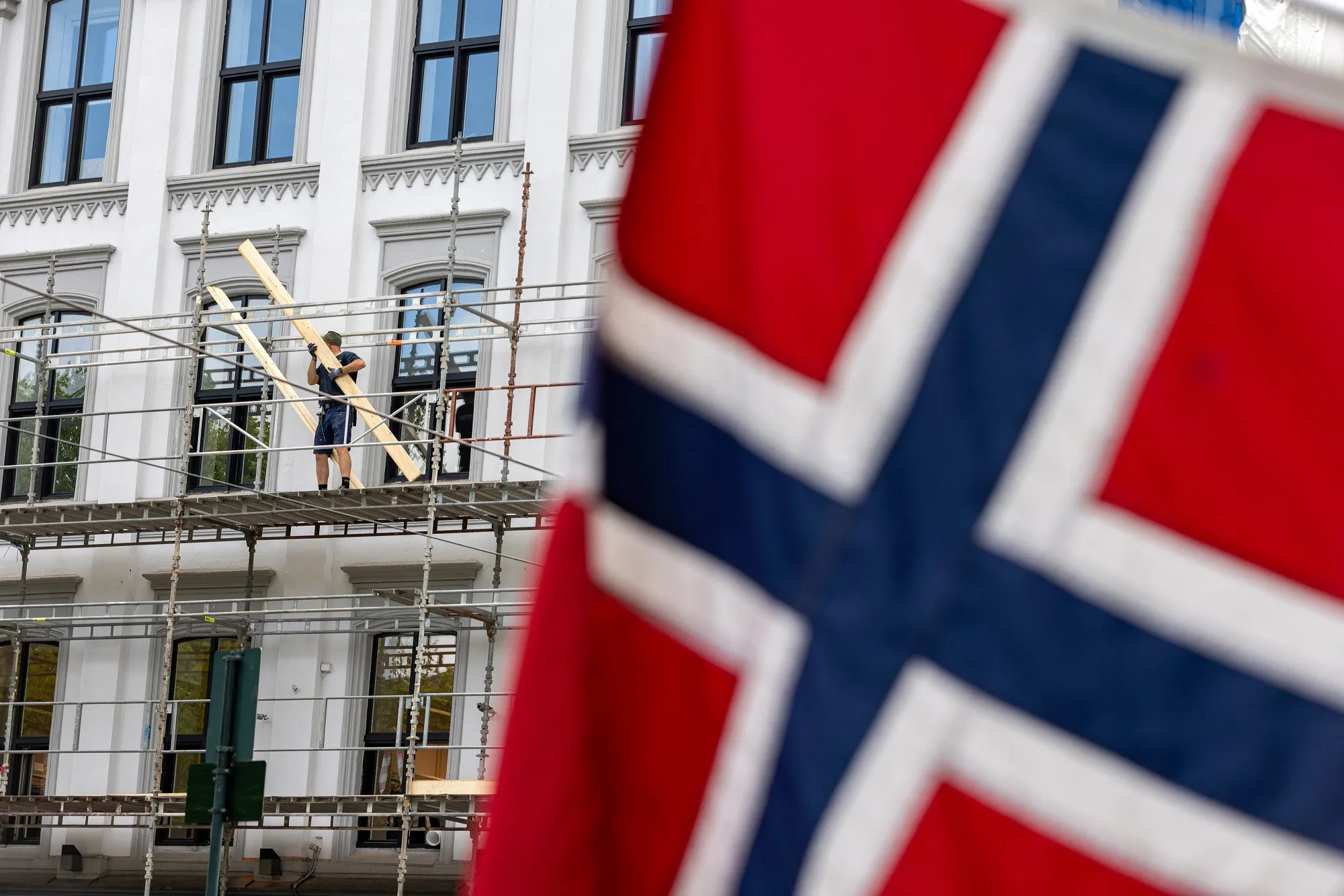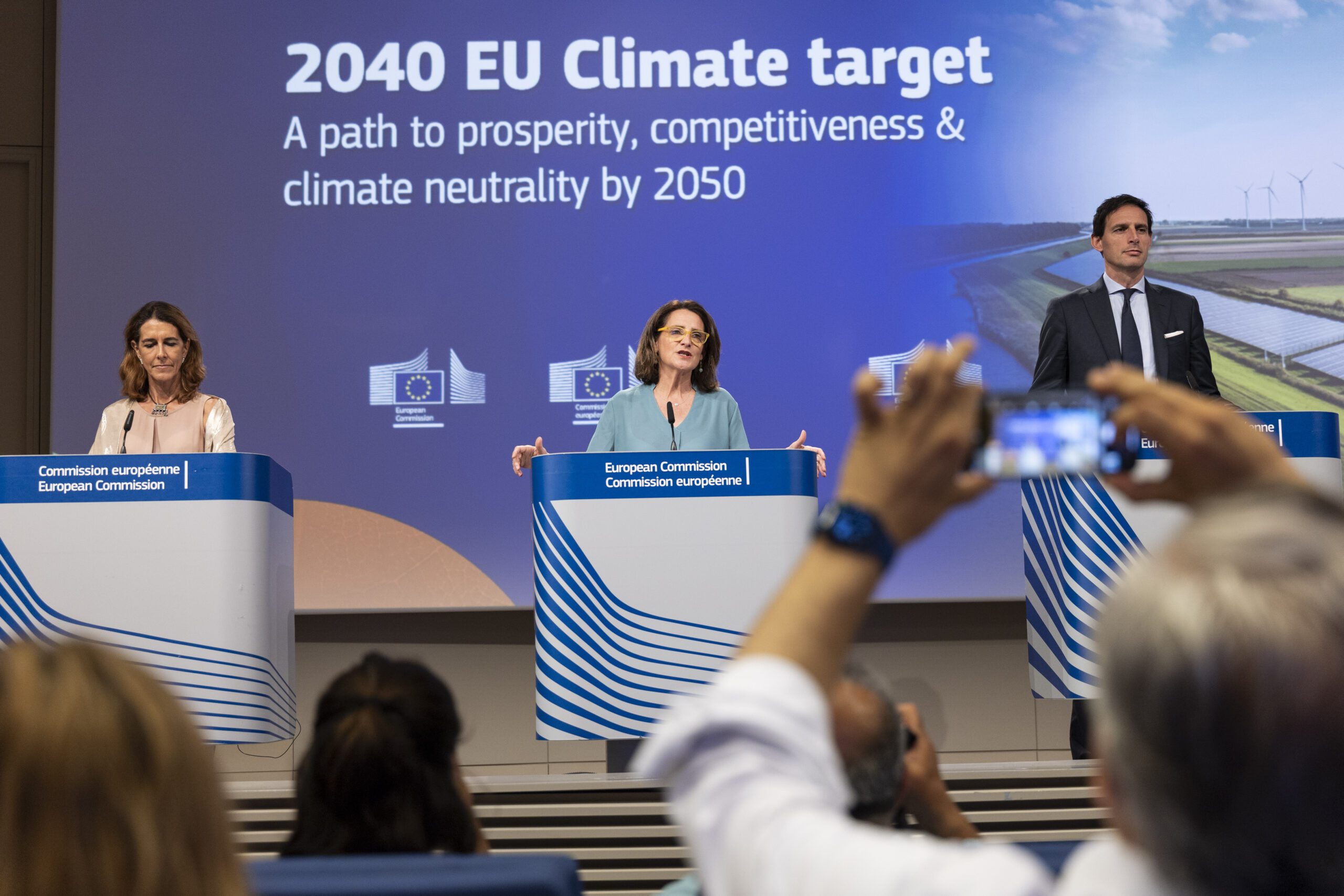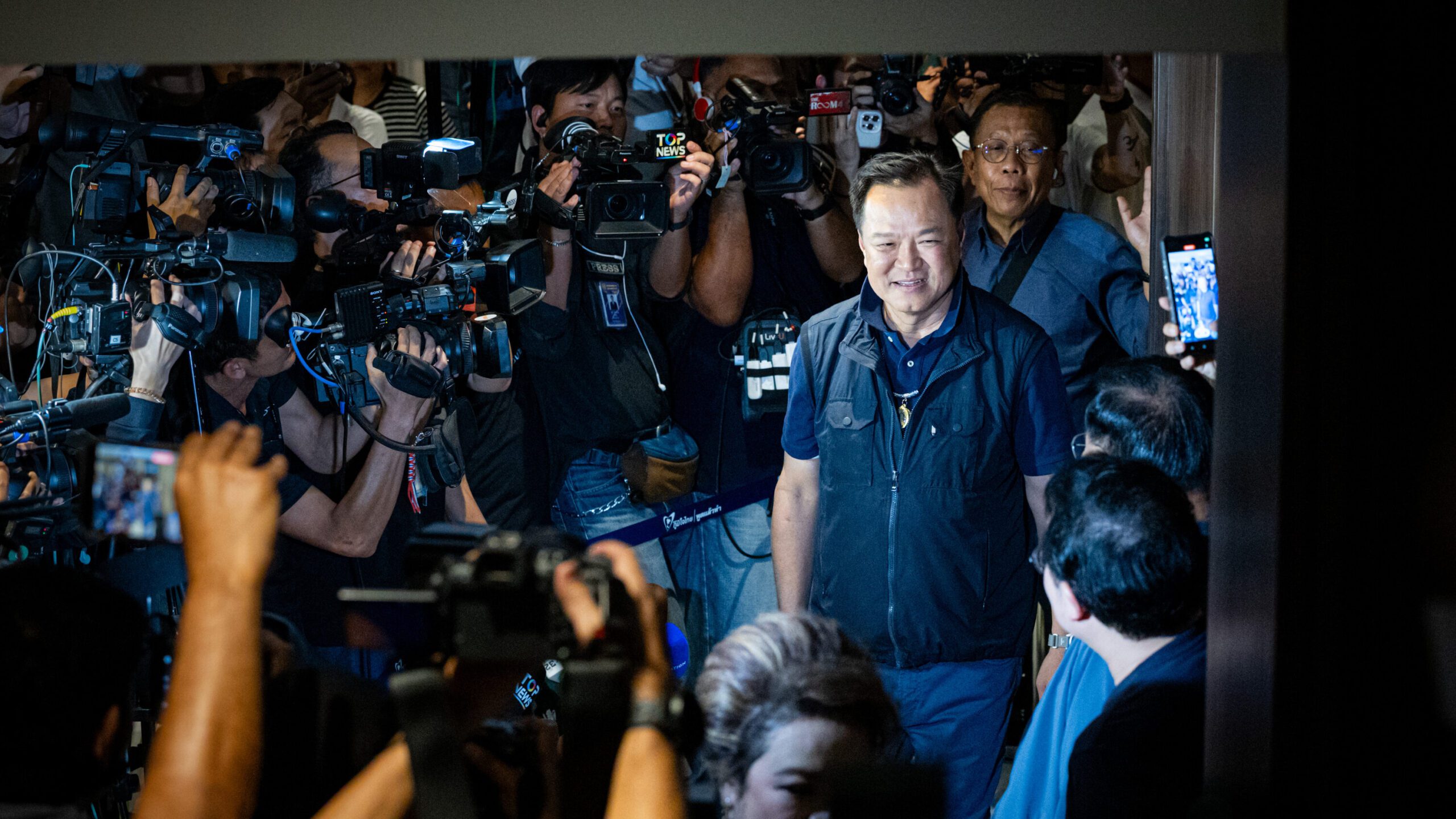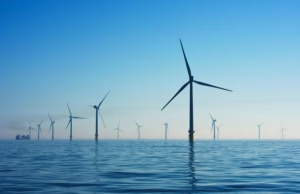Key Takeaways:
- Transparency, fair wages, and ethical sourcing are redefining global supply chains, driven by companies like M&S, Starbucks, and Adidas.
- These practices prioritize human dignity and sustainability while improving competitiveness and consumer trust.
- Leading examples include Patagonia’s community engagement efforts and Nike’s non-discrimination policies.
Ethical Practices Shaping Supply Chains
Ethical labor practices are reshaping the global business landscape, with companies emphasizing sustainability, fairness, and human rights. These approaches go beyond profits to prioritize workers, communities, and the planet. Here are 10 key practices:
10. Community Engagement
Company: Patagonia
Key Leaders: CEO Ryan Gellert, Environmental Action Director Beth Thoren
Patagonia’s community engagement stands as a model for strengthening local communities. Through its 1% for the Planet initiative, the company has donated millions to environmental causes since 2002. This fosters goodwill, empowers local populations, and strengthens the economies where suppliers operate.
9. Freedom of Association
Company: H&M
Key Leaders: CEO Daniel Ervér, Sustainability Director Leyla Ertur
H&M supports workers’ rights to unionize, ensuring 84% of its supplier factories in Bangladesh have elected worker representation.
“Brands should be accountable for their value chain… more transparency commitments will help drive real, positive change,” says Leyla Ertur.
8. Development
Company: Unilever
Key Leaders: CEO Hein Schumacher, CSO Rebecca Marmot
Unilever’s initiatives have helped 2.5 million smallholder farmers improve agricultural practices, boosting productivity and incomes. This long-term approach empowers workers while ensuring a more sustainable supply chain.
7. Fair Wages
Company: IKEA
Key Leaders: CEO Jesper Brodin, CSO Karen Pflug
IKEA’s wage practices prioritize living standards, benefitting over 600,000 workers in its supply chain.
“The IKEA Responsible Wage Practices Framework… aims to enable people in the IKEA value chain to live a decent life, wherever they are.”
6. Non-Discrimination and Equal Opportunity
Company: Nike
Key Leaders: CEO Elliott Hill, CSO Noel Kinder
Nike’s supply chain adheres to strict non-discrimination policies, with women comprising 51% of its corporate workforce. This inclusive approach enhances diversity and workplace equity.
5. Training
Company: Nestlé
Key Leaders: CEO Mark Schneider, ESG VP Rob Cameron
Nestlé’s Cocoa Plan has trained 150,000 farmers, improving yields by up to 40% and ensuring better product quality and sustainability.
4. Eliminating Child and Forced Labor
Company: Apple
Key Leaders: CEO Tim Cook, VP Lisa Jackson
Apple’s rigorous supplier assessments have led to 94% coverage of its spend and termination of non-compliant suppliers.
“Eliminating child and forced labor protects human rights and dignity throughout the supply chain.”
3. Transparency and Accountability
Company: Adidas
Key Leaders: CEO Bjørn Gulden, SVP Katja Schreiber
Adidas publishes an annual supplier list, ensuring 99% coverage of global production. This approach fosters stakeholder trust and resolves 80% of reported cases within 30 days.
2. Ethical Sourcing
Company: Starbucks
Key Leaders: CEO Brian Niccol, Sustainability Chief Michael Kobori
Starbucks’ C.A.F.E. Practices benefit over 400,000 farmers across 30 countries, ensuring responsible sourcing for 99% of its coffee.
1. Fair Working Conditions
Company: Marks & Spencer (M&S)
Key Leaders: CEO Stuart Machin, Sustainability Head Lucinda Langton
M&S’s Ethical Model Factory program has improved conditions for over 890,000 workers, reducing overtime by 42% while maintaining wages.
“The aim is to enable people in the IKEA value chain to live a decent life, wherever they are.”
These practices demonstrate how prioritizing ethical labor transforms supply chains into responsible, competitive networks, benefiting workers, businesses, and society.

 Follow SDG News on LinkedIn
Follow SDG News on LinkedIn











